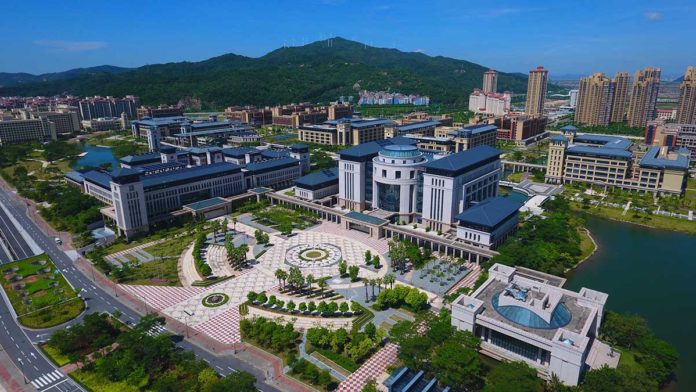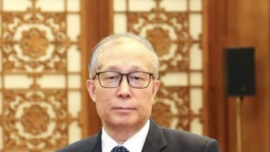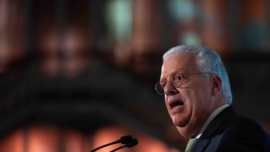As the new academic year approaches, it is perhaps timely to reflect on the purpose and direction of Macau’s higher education institutions (HEIs). Tiny Macau has a disproportionately high number of these, bringing into sharp focus key questions of what we should expect from them.
Opinion | Keith Morrison – Author and educationist

Higher education (HE) is more than a service industry or a training ground. HEIs are not vocational schools, skills shops, simply preparing students for a job, or for servicing the economy. They are not factories for turning school leavers into workers in the marketplace, or simply making workers better at their job; how mean is that? Higher education is ‘higher’, not simply ‘further’ or ‘more’ education, but concerned with higher things, e.g. asking what is the bigger picture of life, what it means, what we want it to be, how we relate to, help, think about and treat each other, and what matters in life.
Higher education is a golden opportunity, just when many undergraduate students’ frontal lobes are beginning to reach maturity, to set values that last a lifetime. Here is a moment for students at all levels to engage in intellectual activities and curiosity for their own sakes, i.e. ‘the disinterested pursuit of knowledge’, to be part of a ‘community of thinkers’, to ask ‘why?’, to analyze, challenge, discuss, debate, explore, critically engage and reason. Here is a time to open minds rather than simply to channel workers into narrow futures, narrow thinking, utility-serving instrumentalism and ‘saleable skills’, with bits of commodified, often low-grade knowledge.

Why is it that so many courses and teachers in Macau’s HEIs require students only to soak up and repeat received facts and practices to the neglect of questioning, evaluating, justifying, disagreeing, having alternative thoughts? What a lost opportunity this is to look at life more richly, more broadly and deeply, more dispassionately yet, simultaneously, more compassionately. Why throw away the chance that Yeats put, if pretentiously, to ‘cast a cold eye on life’ and then to do something about it, however angst-ridden and with whatever existential fear and trembling it might bring. Why squander the chance, in HE, to look at what does and should make humans human, and to consider what we want present and future generations to be like.
Look at how so many ‘isms’ of metanarratives, one-sided, totalizing ideologies and binary thinking have caught us up but let us down as humans: liberalism, neo-liberalism, utilitarianism, Marxism, capitalism, socialism, egalitarianism, inegalitarianism, sectarianism, anti-sectarianism, statism, anti-statism; the list is endless. On and on we march, scarcely pausing to think what we are doing to each other, why, and how acceptable it is. If ever there were a time to rethink our priorities, in a post-contagion, post-virus but ever-troubled society, it is now. Higher education should be in the vanguard of this, not simply allowing Macau’s academics the self-indulgence of publishing papers that almost nobody reads and which make zero difference to anybody other than the writer, and giving Macau’s students a degree for low-level activities such as how to fold tablecloths and napkins.
I would have all HE undergraduates follow a compulsory liberal arts element in their studies; I would have them all, like it or not, tussle with difficult, complex ideas, with imponderables, irresolvables and ‘what ifs’. As Rousseau remarked, people sometimes have to be ‘forced to be free’. We must challenge and imagine meanings of life: the possible, desirable and actual. As Browning’s Andrea Del Sarto remarked: ‘A man’s reach should exceed his grasp’.
That is what I would inject into higher education in Macau, intravenously and high octane. We can learn from Newman’s ‘idea of a university’, many of whose features I have called upon here. We should not suppress, eclipse or bar the possibilities for exchanges of ideas and disputes that HE should offer; rather, we should exalt them. Make HE intellectually demanding; that way creativity lies, and, actually, that, surely, is what we should be wanting from our workforce. Narrow vocationalism in HE fails the test of being even pragmatically useful, if it produces unthinking, all too accepting a workforce or society. We must cure ourselves of believing that thinking, challenging, reflecting and critiquing are superfluous or only for a few; they are the life-force of a society. We are educating people, not robots or sheep.
























